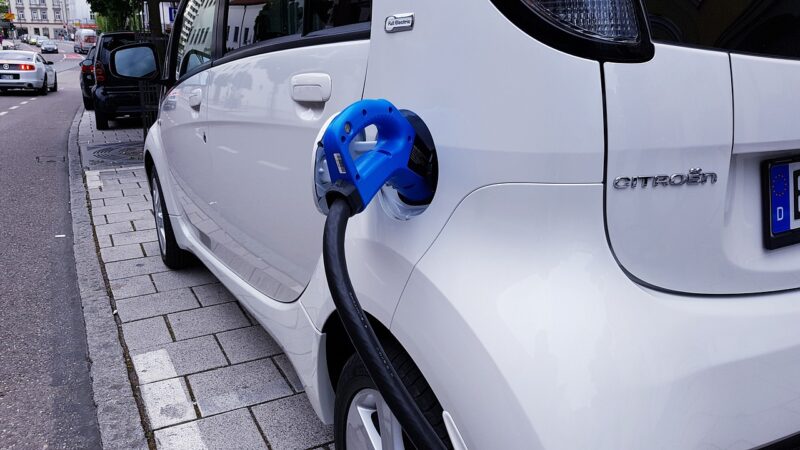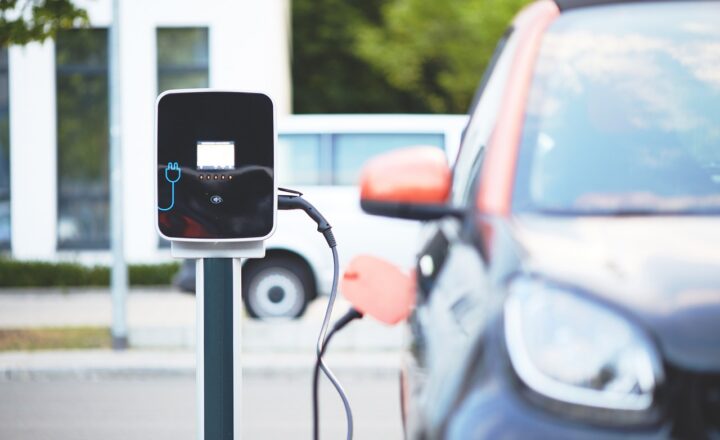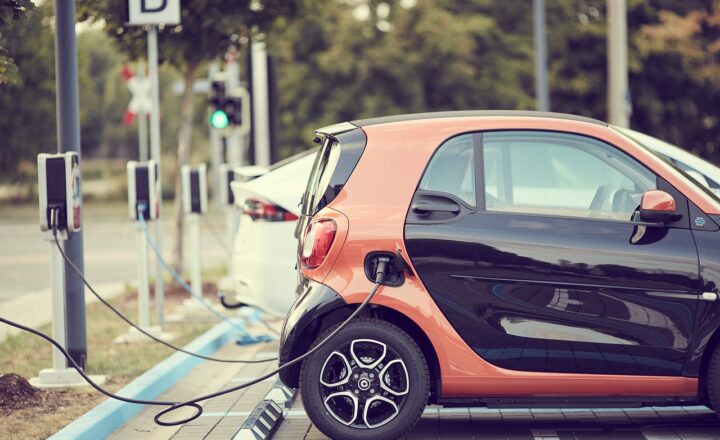Electric Cars vs. Hybrids: Which Is the Better Choice for Your Next Vehicle?
November 15, 2024

The evolving landscape of environmental consciousness and technological advancement has led to a surge in interest around electric and hybrid vehicles. As fossil fuel depletion and climate change loom larger in public discourse, many consumers are looking to make eco-friendly choices when it comes to transportation. But with an increasing variety of options available, which is the better choice: electric cars or hybrids?
In this comprehensive guide, we will explore the pros and cons of both electric and hybrid vehicles to help you determine the best option for your next car purchase.
1. Understanding Electric and Hybrid Vehicles
Electric vehicles (EVs) are powered entirely by electricity stored in batteries, eliminating the need for gasoline. They require charging from an electrical outlet or charging station and produce zero tailpipe emissions.
Hybrids, on the other hand, use a combination of a gasoline engine and an electric motor to power the vehicle. They can run on either the electric motor, the gasoline engine, or both, depending on driving conditions and battery charge.
#### Types of Hybrid Vehicles:
1. **Full Hybrids:** Can run on just the electric motor, the gasoline engine, or a combination of both.
2. **Plug-in Hybrids:** Can be charged via an electrical outlet and have a larger battery that allows for longer electric-only driving ranges.
3. **Mild Hybrids:** Features a small electric motor that assists the gasoline engine but cannot drive the vehicle on electric power alone.
2. Environmental Impact
When it comes to environmental impact, electric cars have a clear advantage. Being powered solely by electricity means they produce no tailpipe emissions, making them a cleaner choice for urban areas plagued by air pollution. Furthermore, as the grid shifts towards renewable energy sources, the overall carbon footprint associated with charging these vehicles can be drastically reduced.
In contrast, while hybrids produce fewer emissions than conventional gasoline vehicles due to their dual power sources, they still rely partially on fossil fuels. Although the electric motor reduces fuel consumption by enabling regenerative braking and operating at low speeds, hybrids still emit greenhouse gases when running on gasoline.
#### Battery Production Concerns:
Both electric and hybrid vehicles rely on batteries for their functionality. The production of these batteries can have significant environmental implications, particularly concerning lithium, cobalt, and nickel extraction. However, advancements in recycling technology and sustainable sourcing of materials are beginning to address these concerns across both vehicle types.
3. Cost Considerations
The initial cost of electric vehicles can be higher than that of hybrids or traditional combustion engine cars, primarily due to the expense of lithium-ion batteries. However, the gap is closing as technology advances and economies of scale come into play. Government incentives and tax credits also play a vital role in offsetting these costs for electric vehicles.
On the flip side, hybrids typically have a lower sticker price than their electric counterparts but may not qualify for the same level of tax incentives. However, hybrids can often yield savings at the pump, thanks to their improved fuel efficiency.
#### Long-Term Ownership Costs:
When considering long-term costs, electric cars frequently prove to be less expensive to maintain. They have fewer moving parts, no oil changes, and less frequent brake replacements due to regenerative braking. Hybrids, however, still require regular maintenance of both the electric and gasoline components, which can escalate costs over time.
4. Charging and Refueling Infrastructure
One of the most prominent concerns for potential electric car buyers is charging infrastructure. While charging stations are becoming increasingly available throughout cities, they can still be less convenient than simply stopping at a gas station.
Home charging is an ideal scenario for many electric vehicle owners, allowing them to charge their cars overnight. However, for individuals without dedicated parking or access to a home outlet, this can pose challenges.
Hybrids, in contrast, offer the flexibility to refuel at any gas station, eliminating range anxiety. This makes hybrids an attractive option for those who frequently drive long distances or do not have easy access to charging facilities.
5. Performance Factors
When it comes to performance, both electric cars and hybrids have unique strengths. EVs often excel in acceleration and overall smoothness, thanks to their electric motors supplying instant torque. Many have also adopted advanced features such as all-wheel drive, offering impressive handling and traction.
Hybrids provide more of a balanced performance, especially for drivers who may prefer the “feel” of gasoline-powered vehicles. Their dual systems allow for efficient power management and generally smooth transitions between electric and gasoline modes, making them suitable for a broader range of driving conditions.
#### Driving Experience:
EVs typically have advanced technology features, offering a quieter ride and enhanced infotainment systems. However, the driving experience in hybrids can feel more familiar to conventional drivers, with a traditional engine sound and performance.
6. Conclusion: Choosing the Right Vehicle for You
Ultimately, the decision between an electric vehicle and a hybrid comes down to individual lifestyle needs and preferences. If you often take short trips and have access to charging infrastructure, an electric vehicle might be your most environmentally friendly and cost-effective choice. On the other hand, if you frequently make long commutes or travel to areas with limited charging stations, a hybrid may provide a more suitable solution.
In any case, as technology continues to develop and both vehicle types evolve, consumers will have an ever-growing array of choices to match their values and driving habits. By weighing the pros and cons of each option, you’ll be better equipped to make an informed decision about your next vehicle purchase.
The future of transportation is undoubtedly leaning towards sustainability, and both electric and hybrid vehicles play crucial roles in that journey. By understanding what each option offers, you can drive towards a greener tomorrow.






